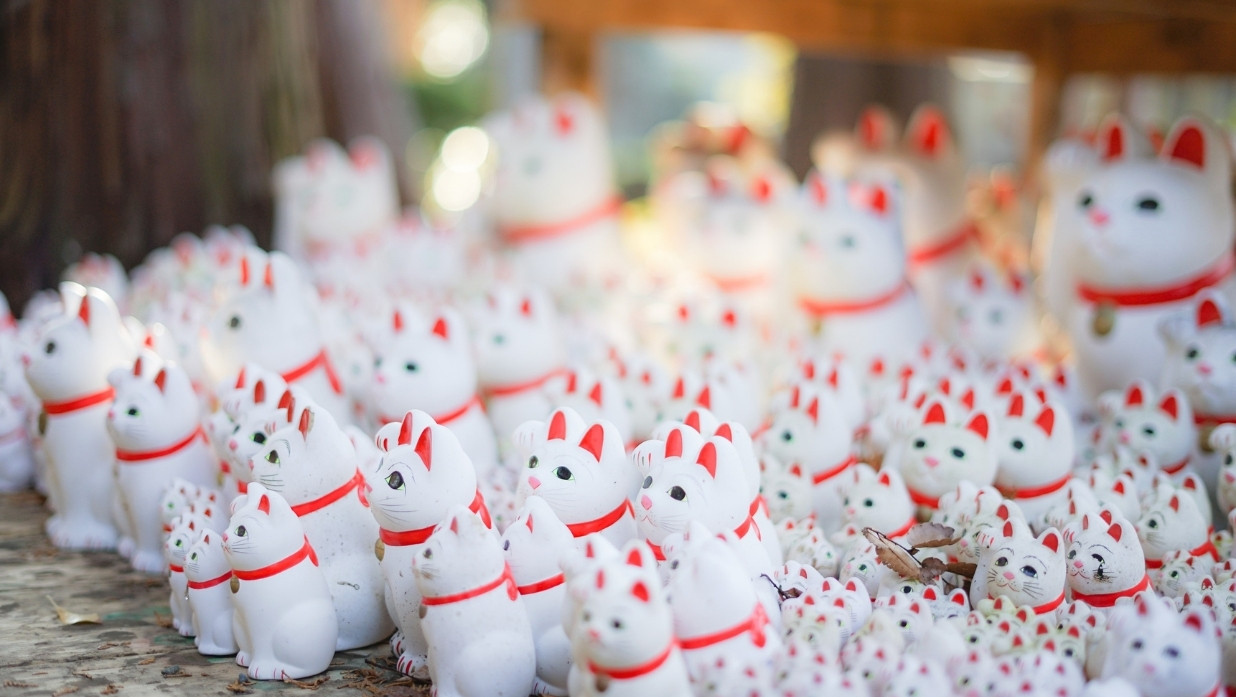Guide to Japanese Job Interview: Etiquette, Manners & Tips
Now that you have landed a job interview in Japan, you must be wondering what manners you need to know. Understandably, you might be nervous since interviews are when you need to put your best foot forward. So, how should you present yourself in front of your potential employers? As you may know, Japan places […]







